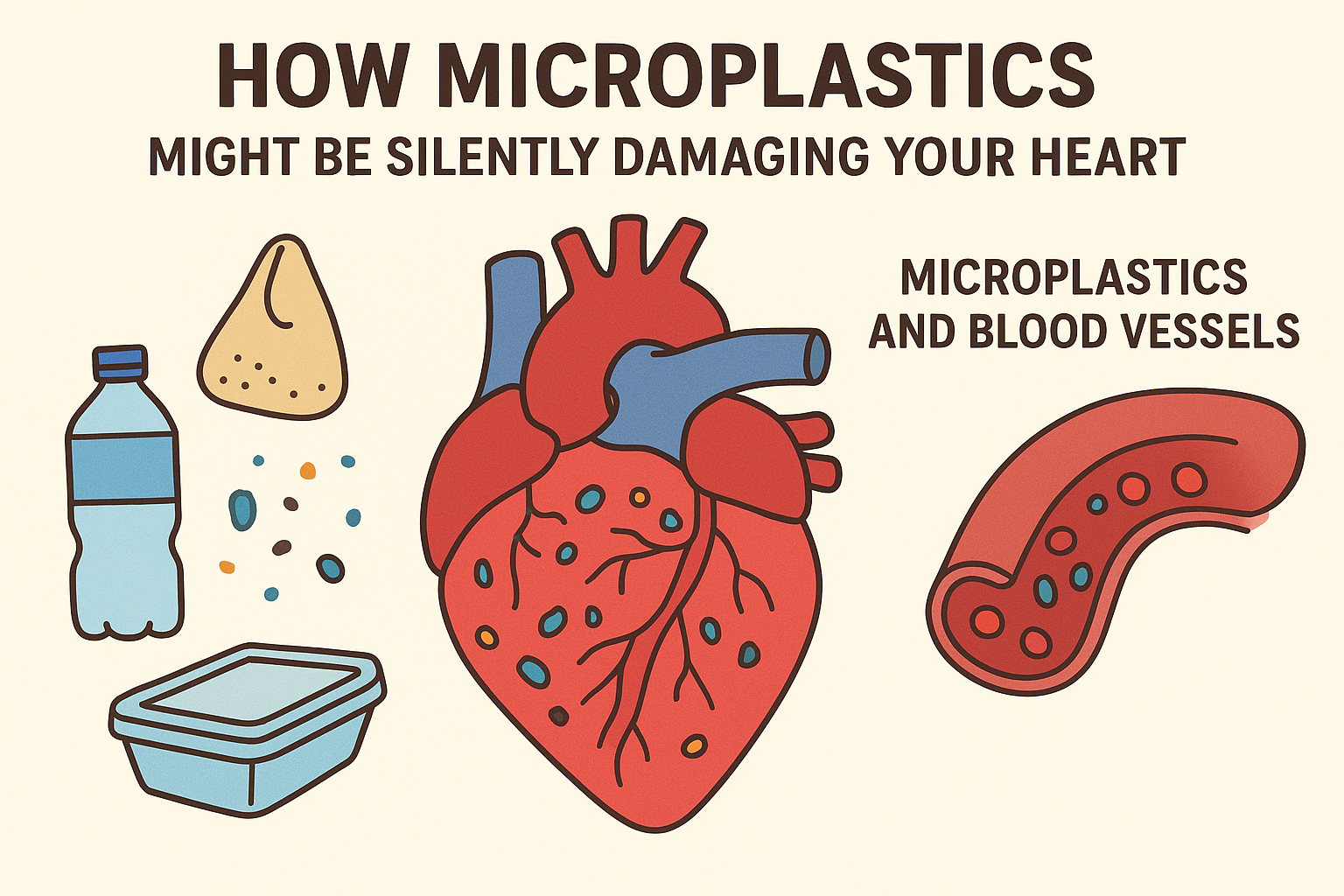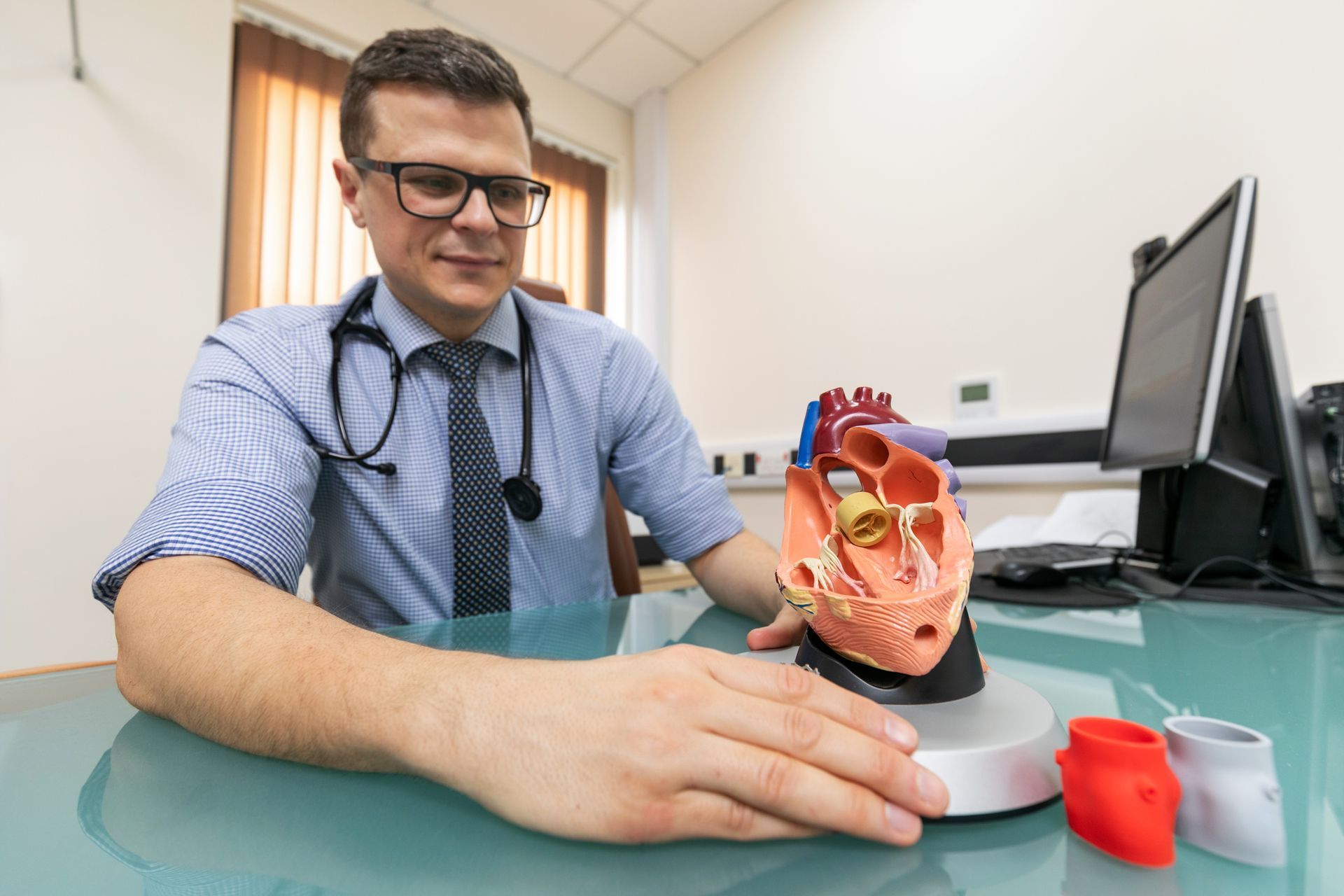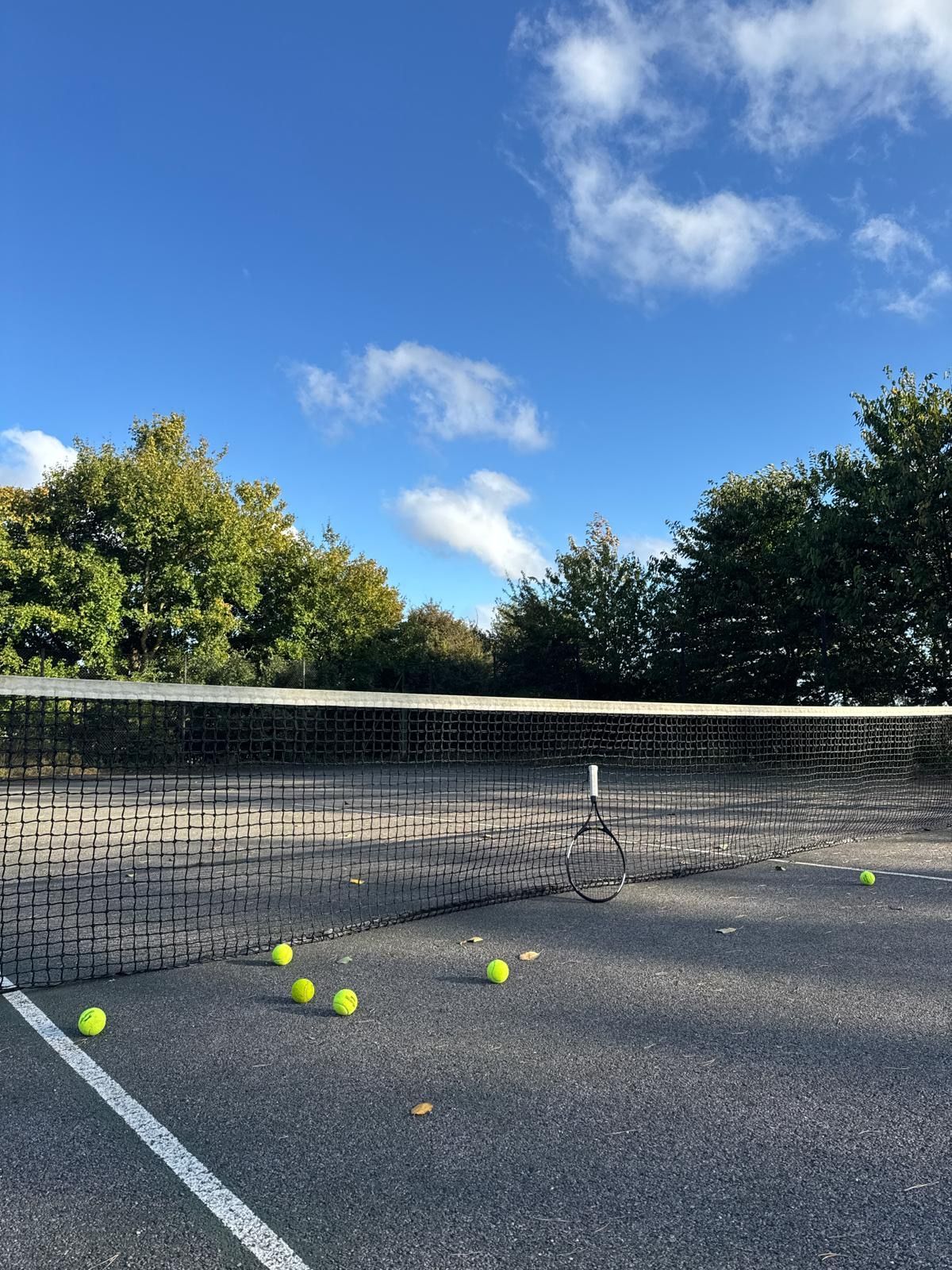Snoring and high Blood Pressure.

The Link Between Snoring and Hypertension.
Recent research has shed light on the connection between snoring and hypertension, prompting concern among medical professionals. Dr Bart Olechowski, cardiology consultant at Winchester Private Cardiology Clinic at Sarum Road Hospital and Candover Clinic in Basingstoke, emphasize the significance of understanding this relationship for better cardiovascular health.
Hypertension, or high blood pressure, often asymptomatic yet associated with severe health complications, including heart disease, stroke, and kidney failure.
However, despite growing awareness of the link between snoring and hypertension, many individuals remain undiagnosed and untreated . One of the key diagnostic tools in evaluating the relationship between snoring and hypertension is 24-hour blood pressure monitoring. This method allows for the detection of nocturnal blood pressure fluctuations, which may be exacerbated in individuals with Obstructive Sleep Apnoea.
Lifestyle modifications, such as weight loss, regular exercise, and avoidance of alcohol and sedatives before bedtime, play a pivotal role in improving sleep quality and reducing snoring severity.
A study published in February 2024 in NPJ Digital Medicine showed that a higher proportion of SNORING time was linked to 1.9-fold increase in uncontrolled HYPERTENSION. This was an independent finding, regardless of Sleep Apnoea. It was a large study, which included over 12k participants, with mean age of 50 years, of whom 12% were women. Individuals, who snored frequently and regularly had and increase of 3 mmHg (systolic) and 4 mmHg (diastolic) in blood pressure as compared to participants, who snored infrequently. This was independent of age, BMI, gender and apnoea-hypopnea index.
The authors concluded: 'In summary, long-term nightly snoring assessments indicate that snoring is highly prevalent in the adult community and is associated with a ~20 to 80% increase in hypertension prevalence, independent of Obstructive Sleep Apnoea severity. High hypertension prevalence was also observed for people with a high proportion of the night spent snoring, even without sleep apnoea.'
Link to the article below:
https://www.nature.com/articles/s41746-024-01026-7











